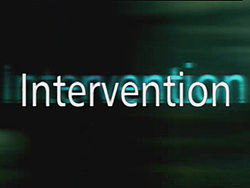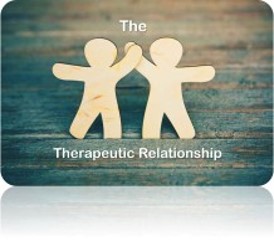
I understand that intervention is an ongoing component of the dynamic and interactive social work practice process with and on behalf of diverse individuals, families, groups, organizations, and communities. Social workers are knowledgeable about evidence-informed interventions to achieve clients and constituencies’ goals, including individuals, families, groups, organizations, and communities. Social workers understand the theories of human behavior and the social environment and critically evaluate and apply it to intervene with clients and constituencies effectively. Social workers understand methods of identifying, analyzing, and professional teamwork and communication in interventions, recognizing that beneficial outcomes may require interdisciplinary, interprofessional, and inter-organizational collaboration. I will critically choose and implement interventions to achieve practice goals and enhance clients’ and constituencies’ capacities. I will apply knowledge of human behavior and the social environment, person-in-environment, and other multidisciplinary theoretical frameworks in interventions with clients and constituencies. I will be able to use inter-professional collaboration as appropriate to achieve beneficial practice outcomes. I will negotiate, mediate, and advocate with and on behalf of diverse clients and constituencies. I will also be able to facilitate effective transitions and endings that advance mutually agreed-on goals.
8A – Implement clinical evidence-based interventions with individuals, families, and/or groups
Course Evidence: During Advanced Clinical Therapy with Individuals class at Barry University, I recorded myself conducting therapy with a pseudo client who presented with PTSD symptoms. Interventions discussed in the recording included Cognitive Behavioral Therapy (CBT), grounding techniques, and referral to outside resources. I also discuss these interventions in Self-Assessment Skill Demonstration Paper.
Field Evidence: During my time at Helen Ross McNabb Center, I saw clients for individual therapy sessions, conducted group therapy sessions, and utilized interventions in a peer support setting for members with mental illness. These strategies were documented weekly in my journal entries and discussed in supervision. I used a Centricity program within the agency to document therapy progress, create treatment plans, and make any recommended referrals. Please view implemented evidence-based interventions.

8B – Integrate macro-level evidence-based strategies with organizations and/or communities
Course Evidence: During my Advanced Administrative Practice 2 course, group members and I were tasked with creating an organization called Healing Hearts. The organization we created was focusing on treating victims of trauma who were 18 and older. Some of the evidence-based treatment strategies to be used by Healing Hearts included Trauma-Focused Cognitive Behavioral Therapy (TF-CBT), Dialectical Behavior Therapy (DBT), and Eye Movement Desensitization and Reprocessing (EMDR). The Healing Hearts organization sought to provide individual and group counseling for these victims of trauma. Please view the Organizations Proposal.
Field Evidence: During field practice at Helen Ross McNabb Center, this student had many opportunities to use evidenced-based strategies on a macro-level with communities. One example was working with clients who contacted me via the Restore Hope program for assistance with COVID-19 related needs. Once the referral was received from 211, I had to collect information from clients and recommend referrals to receive assistance. Another example of this was working with individual clients who needed referrals to community resources. I also made recommendations of evidence-based strategies to meet the community’s needs during the Tennessee Department of Mental Health and Substance Abuse Services (TDMHSAS) Region 3 meetings. Please see community referrals.